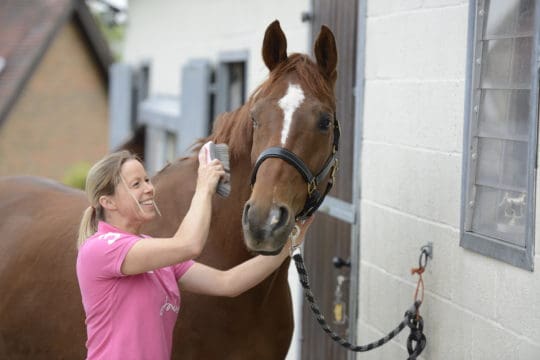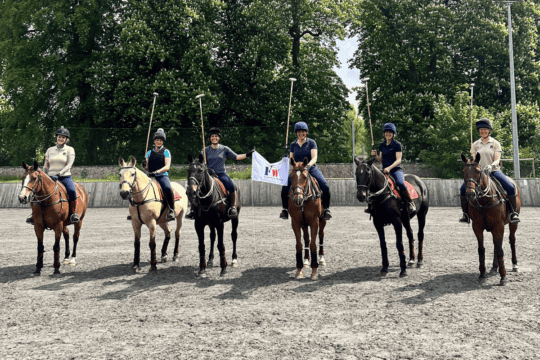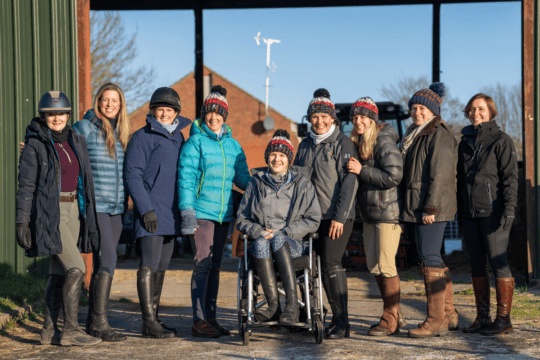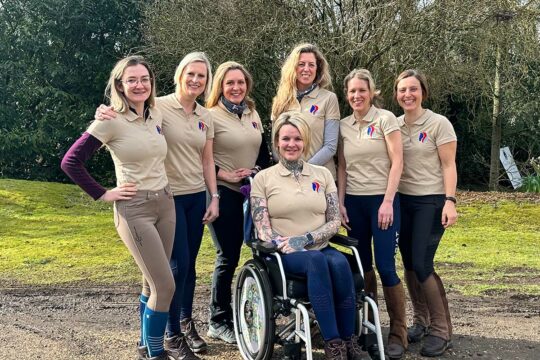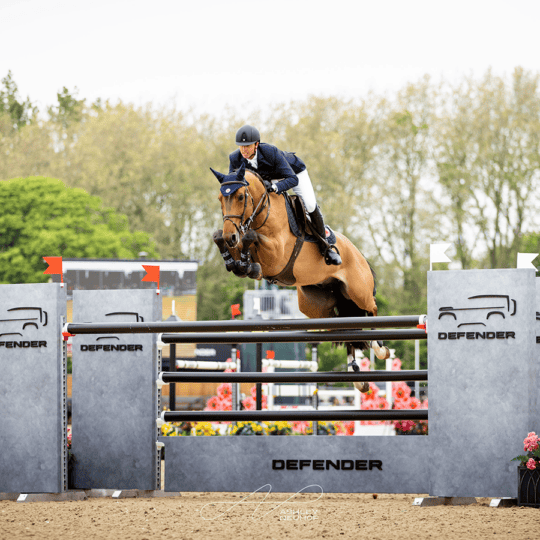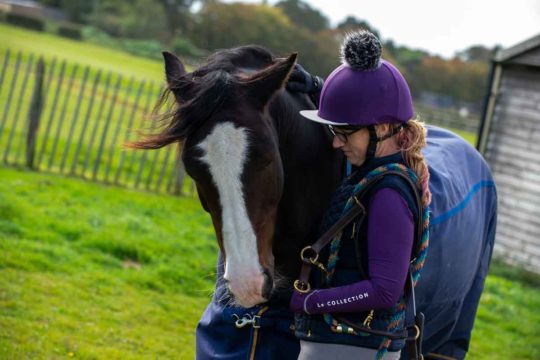
Most Read Articles
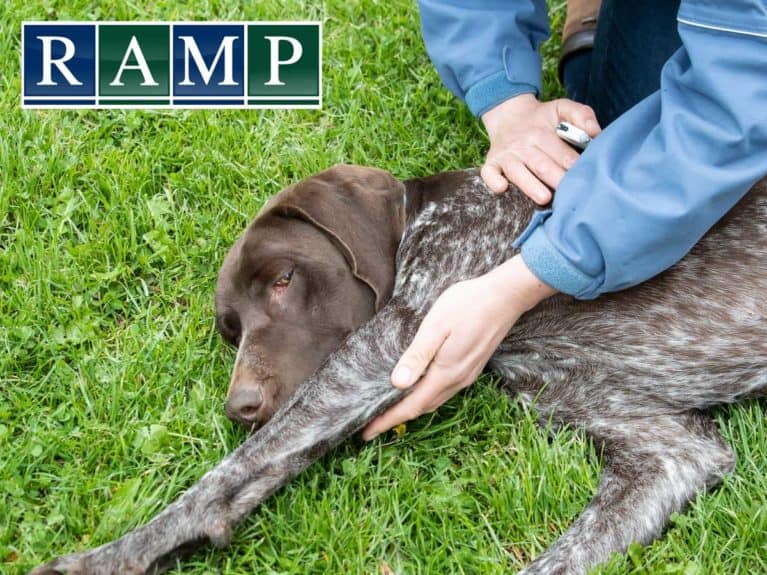
People are talking about a new register for physios, chiropractors and oesteopaths who work with animals, called the RAMP (Register of Animal Musculoskeletal Practitioner) Register. You may have heard bits and pieces, but what’s it all about? Here we introduce the RAMP Register and explain its purpose.
RAMP was set up because there was too much confusion about the qualifications, insurance and professionalism in this area. Chiropractic, physiotherapy and osteopathy are popular treatments for horses and, while they don’t use any surgery or medicines, they can support conventional veterinary treatments.
DEFRA became concerned back in 2012–13 that the field was unregulated, so investigated the work that practitioners carried out and found no evidence of any injuries or problems with the treatments. However, they said the complexity of the professions and the variety of qualifications made it difficult for owners and vets to decide who was best to ask to help their animals.
A welfare problem for animals
Around this time, leaders in the three professions of chiropractic, physiotherapy and osteopathy were already concerned about rogue traders, who were suggesting that short courses in these subjects were sufficient for them to treat animals for payment. Part of the problem was that there were so many courses on offer, spanning many educational levels and giving different qualifications. While this was entirely legal, it made the marketplace a confusing place for owners to judge who was really competent.
How was the register created?
One senior council member from each of the largest professional associations (one from each of the three professions – chiropractic, physiotherapy and osteopathy) got together and, with help from DEFRA, the RCVS and practitioners working in the area, they explored several methods of managing the situation.
The only legal and practical way was to create a register and display it on a website. The RAMP Register was set up to accept any practitioner trained to a standardised level in any of the three techniques. This way, owners can make better-informed decisions for their horses’ health. They can reassure themselves that the practitioner they choose is competent.
Did you know?
As well as practitioners in chiropractic, physiotherapy and osteopathy, there are now some vets qualified in musculoskeletal treatment listed on the RAMP Register.
What is the register for?
Everyone listed has proved that they’re competent to the Gold Standard set by the RAMP Council. They’re given a logo for their website, office or vehicle and they have a registration number. Plus, the RAMP Council provides a complaints and disciplinary procedure, so any grievances can be dealt with accordingly. The Council will take serious steps to discover any professional problems and will explain what it is doing throughout the process.
Did you know?
This Gold Standard is set at a high level – to the same degree level as vets. Some of the training in anatomy and physiology is similar, while other techniques are quite different. All registrants have to pass annual renewal requirements and, like many other professions, a small sample are audited after they renew.
For the benefit of the horse
The development of the register took many years. As an innovation, it’s been quietly welcomed by many organisations. RAMP is a not-for-profit organisation, and receives no Government funding. It’s carefully independent of any business that might be affected by its activities, so Council members don’t own related training courses, equipment manufacturers or other commercial activities. This means that RAMP can be impartial and unbiased in working for the benefit of the horse, his owner, the veterinary professionals and insurance industry – and, ultimately, horse welfare.
Looking forwards
After perhaps 75 years of do-what-you-want freedom, the industry’s slowly getting used to the Gold Standard. RAMP needs to do more to educate owners and professionals alike, and registrants are encouraged to pass on the news to vets, owners and other businesses.
Education providers see the sense in the Register – it’s in their interests that their graduates are seen to have the best knowledge and skills – and the insurance industry is paying attention to ensure that non-veterinary treatments are done properly and professionally.
Make checks
With the Register displayed free of charge online, anyone can instantly check whether a practitioner is safe to use. If their name isn’t listed, RAMP can’t vouch for their competence. The Register indicates which species of animals each practitioner treats, and a link to their own website is provided.
The bottom line is, by choosing a RAMP registered practitioner, you’ll be guaranteed that they’ll…
- be careful with your animal
- check that your vet permits treatment
- charge a fair fee
- provide proof of suitable insurance, if asked
- keep their training up-to-date
Did you know?
Membership of the RAMP Register isn’t compulsory, which means that those who’ve chosen voluntarily to join have a great commitment to the Gold Standard of professional practice.
For more information, visit rampregister.org, or contact [email protected]

